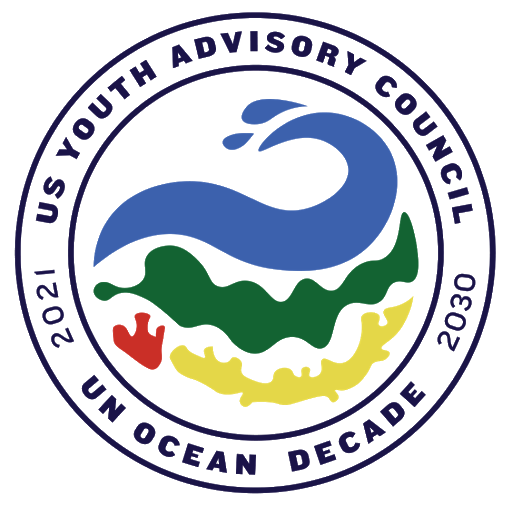
Marine Policy Scientists & Experts
Explore our interview series with female marine policy scientists, advisors & experts below.
One of the hardest things about studying the ocean is that it is fluid (yes, that was a joke). But what I mean is that the only real boundaries are land. I would argue that our “blue planet” has more cracks and creavaces for marine life to hide than land. We can predict general areas where certain species should be, but that does not always mean we will find our target material.
Yes! You heard us right!! We are finally here, the 2021-2030 United Nations (UN) Ocean Decade! As we swim into the new year, we are full of hope and excitement for what the future holds. The UN Decade of Ocean Science for Sustainable Development is all about reversing the damage to our planet that has created a decline in ocean health.
Ocean acidification (OA) is a prominent topic in the world of marine conservation. Expert in the science-policy interface of OA, Ellycia (Elly) Harrould-Kolieb spoke to us about her work and experience in this field.
Plastic Pollution is one of the biggest problems facing the marine environment today. Plastic waste can often be found as litter along the side of the road or places where people gather like the beach. Even when disposed of properly, some plastic, like carryout bags and straws can be transported by the wind and often ends up in the nearest body of water. As we look to reducing single-use plastic consumption, it’s important to look at some of the policies in place.
A thick cloud shrouded the city of Madrid and the plane I was aboard ambled through it, landing amongst the fog. It was a funny feeling. Normally I choose to sit on the window seat so that I can survey a new city from afar, making observations about it before I arrive.





